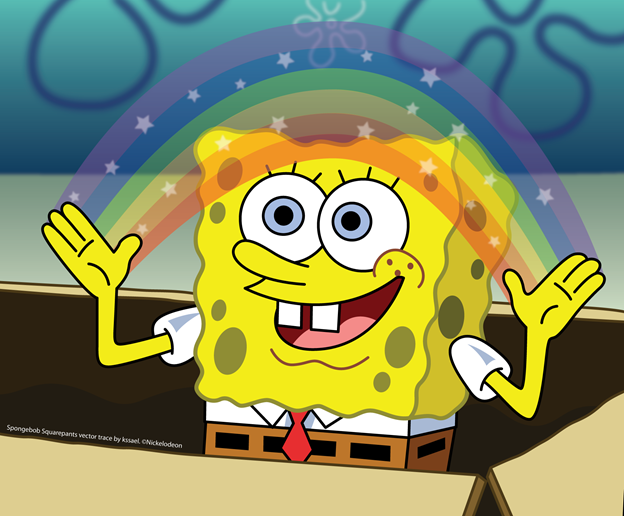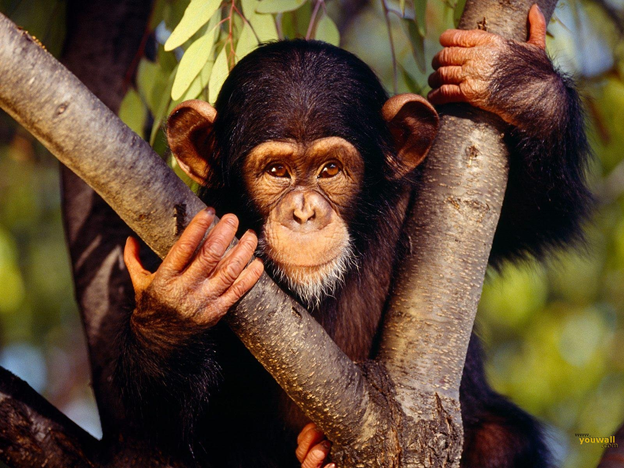What Conditions Produce Geniuses?
March 14, 2012 in Daily Bulletin, Signature

Plato, Socrates, Thucydides, Herodotus, Euripides, Aeschylus, and Aristophanes are thinkers that invented western civilization as we know it. And they all lived in the same time period. What causes genius to cluster in this way? Jonah Lehrer took a look at the features of society throughout history that have led to talent ‘clotting’:
- Human mixing. Clusters of geniuses are generally found in commercial trading areas where people can mix and merge their ideas. In the contemporary world, studies suggest that a 1% increase in the number of immigrants with college degrees can lead to an 18% rise in the number of patents.
- Education. Geniuses come from places where knowledge, expertise, and experience are effectively passed on.
- Risk-taking. To find that one genius idea that defines a century, you’re likely to go through many failures. Cultures that support and encourage risk-taking (and the failures this produces) see the rise of geniuses.
- In the United States today most of these conditions are found in the world of sports – thus the rise in the number of athletic geniuses.
To read more about other clusters of geniuses throughout history, how Shakespeare benefitted from a society that embodied some of these values, and why peace doesn’t really matter, click here.
Source: Wired




 v
v



Join the Discussion! (No Signup Required)